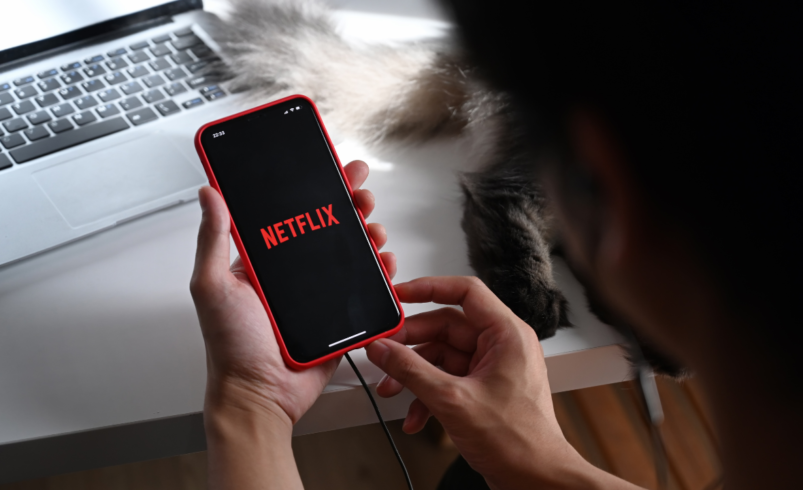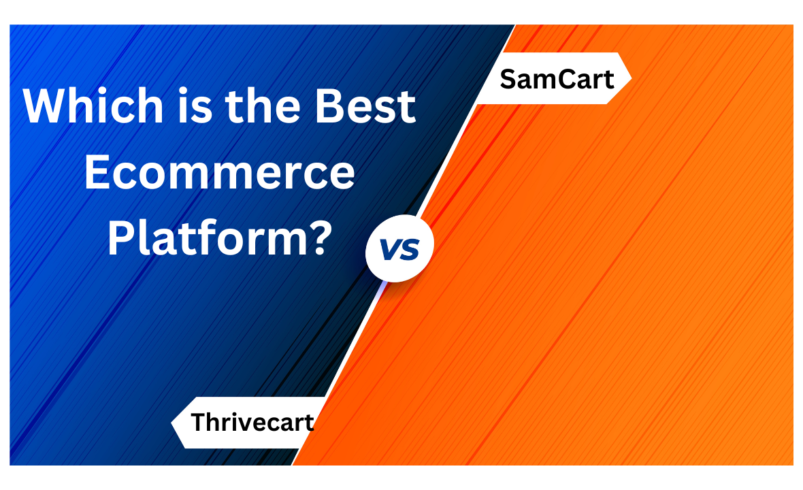
December 22, 2023
How did Netflix App revolutionize entertainment in digital age?
Entertainment consumption has undergone a massive transformation in the digital age. Gone are the days when we had to wait for our favourite TV shows to air on scheduled timeslots or go to a video rental store to get the latest movies.
The advent of on-demand video streaming services like the Netflix app has completely changed how we access and enjoy entertainment content today. In this blog, we will explore how Netflix spearheaded the streaming revolution and made binge-watching a global phenomenon.
The Rise Of Netflix App
Netflix began in 1997 as a DVD rental service that delivered red envelopes to your doorstep. While it started small, Netflix quickly disrupted the video rental market with its no-late fees and postal delivery model.
However, the real innovation came when Netflix transitioned into online video streaming in 2007. This allowed subscribers to instantly watch movies and shows on their computers, tablets, and mobile devices.
No more waiting for DVDs to arrive – the content was now available on demand. Netflix made further strides by investing heavily in content acquisition and production. Unlike cable networks, Netflix did not have to rely solely on licensing shows. It could create original programming like House of Cards and Stranger Things.
This strategy paid off by giving Netflix a competitive edge with exclusive, high-quality content. The company also leveraged data and analytics to predict what types of content would appeal to viewers. Recommendation algorithms like “Because You Watched…” proved incredibly effective at connecting people with relevant titles.

Main Body
Making Binge-Watching a Phenomenon
One of Netflix’s biggest contributions was making the concept of binge-watching mainstream. Netflix was among the first platforms to release entire seasons of shows at one go. This allowed viewers to watch episodes back-to-back at their own pace and convenience rather than having to wait a week for the next installment.
Shows like Orange is the New Black and House of Cards were designed for bingeing. Netflix discovered that people were more likely to subscribe and stick around when they could immerse themselves in a series and watch multiple episodes in quick succession.
Addictive, cliffhanger-style storytelling meant audiences kept hitting “Next Episode” until they were hooked. This insight into binge-watching behaviour informed Netflix’s content acquisition and production strategies going forward.
Personalization
A signature feature of Netflix is its highly personalized content recommendations for each member. Through detailed algorithms, Netflix learns about an individual’s tastes based on their viewing history and ratings.
It then suggests titles that align with those preferences. This creates a targeted, curated experience that removes the need to sift through all available titles in the catalogue. Personalization also applies to the Netflix interface.
No two member accounts look the same, as rows and sections are populated with different recommended titles. This level of customization delivers a more engaging platform where subscribers can discover their next favorite series or film more easily.
Flexible Viewing
Netflix allows viewers tremendous flexibility in how, when, and where they access content. You can start watching something on your laptop, pause it, and resume streaming on your TV or mobile device.
Downloading also enables offline viewing for contexts with no internet connection, like flights. Unlike network schedules, Netflix gives the power to the individual to watch shows on their own time.
This omnichannel strategy has been key to making Netflix ubiquitous. From phones to tablets to game consoles, Netflix has partnered with a vast range of devices to allow streaming across all major platforms. Effortless accessibility and seamless continuity between devices are integral to the Netflix viewing experience.
Affordability
A Netflix subscription offers tremendous value compared to the rising costs of cable packages and movie tickets. For less than $10 a month, you gain unlimited access to Netflix’s ever-growing library of exclusive originals, licensed shows, films, and documentaries. Considering the quantity and diversity of titles available, it’s an affordable way to satisfy all your entertainment needs.
Netflix’s low-priced subscription tiers have attracted millions of users who may have found premium channels out of their budget. Its pricing options and free trials create a low barrier to entry. Once signed up, users are incentivized to keep their subscriptions active to continue binging their favorite shows.
Impact on the Entertainment Landscape
Netflix has shaken up the entertainment ecosystem in monumental ways. It has shaped audience expectations around on-demand availability, binge-watching capabilities, and personalized experiences. These changes have disrupted traditional business models and forced long-standing industry players to adapt or risk irrelevance.
For example, Netflix has contributed to declining ratings for network TV and reduced ad revenue. It has also intensified timeslot competition since people are no longer chained to schedules. Meanwhile, video rental chains like Blockbuster have filed for bankruptcy because they were slow to transition to online delivery models.
However, Netflix has also catalyzed positive developments. Streaming has enabled niche, original stories without network constraints on length or subject matter. Distribution barriers have come down, allowing indie films and filmmakers to reach wider audiences. Overall, Netflix has democratized entertainment by making high-quality shows and movies available to the masses at affordable rates.
The Future
Netflix will likely continue pioneering innovations that enhance how we connect with stories. With over 200 million subscribers in 190 countries, it has the scale and data to evolve its platform. Investing in foreign language content and licensing regional titles helps Netflix expand into new markets.
Venturing into interactive storytelling, video games, and virtual reality could also provide subscribers with exciting new ways to engage. However, Netflix faces intensifying competition from players like Disney+, HBO Max, and Amazon Prime. Maintaining its competitive edge will require staying ahead of emerging viewing behaviors and doubling down on what has fueled its success so far—entertainment content that captures the cultural zeitgeist.
As long as Netflix can produce addictive stories that get the world buzzing, it will remain a top contender. For now, Netflix retains pole position in the streaming race it kickstarted years ago. Its next moves will determine whether it can hold onto streaming supremacy.

Conclusion
From disrupting the home video industry to pioneering binge-watching to creating world-class original content, Netflix has fundamentally transformed entertainment. It realized the immense potential of on-demand streaming before most competitors.
Combined with data-driven personalization, a stellar content portfolio, and multi-platform accessibility, Netflix delivered an unparalleled viewing experience that changed audience expectations. While challenges lie ahead in an increasingly crowded market, Netflix’s track record suggests it can continue leading the future of entertainment.
FAQs
What is the history of Netflix, and how did it start in the entertainment industry?
Netflix initially began as a DVD rental service in 1997, offering convenient delivery of DVDs to customers. It later transitioned into online video streaming in 2007, revolutionizing the way people access entertainment content.
How did Netflix change the way we watch TV shows and movies?
Netflix introduced the concept of binge-watching by releasing entire seasons of shows at once, allowing viewers to watch at their own pace. This eliminated the need to wait for weekly episodes and made binge-watching a mainstream phenomenon.
How does Netflix personalize content recommendations for its users?
Netflix uses algorithms to learn about a user’s viewing history and preferences. It then suggests titles that align with those preferences, creating a customized and curated viewing experience.
What flexibility does Netflix offer in terms of viewing content?
Netflix allows viewers to start watching on one device and seamlessly switch to another. It also offers the option to download content for offline viewing, making it convenient for users on the go.
How affordable is a Netflix subscription, and what value does it provide?
Netflix offers subscription plans for less than $10 a month, providing unlimited access to a vast library of exclusive originals, licensed shows, films, and documentaries. It offers an affordable alternative to traditional cable packages and movie tickets.
















